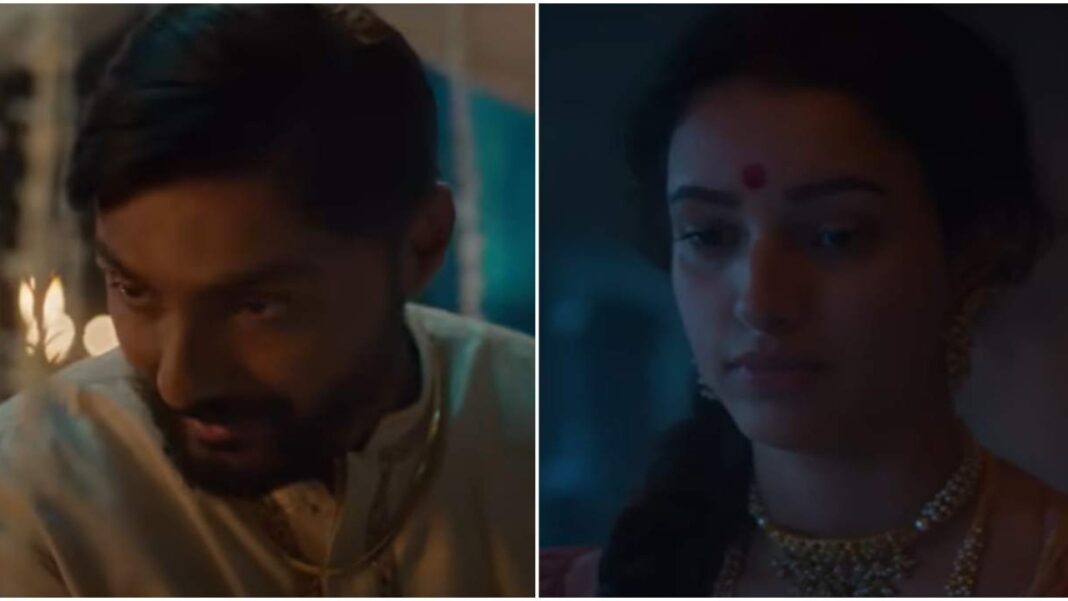Trigger Warning: This article includes references to sexual abuse.
Anushka Sharma’s production venture, Bulbbul, remains one of the best period horror films released in recent years. Starring Triptii Dimri as a lead, Bulbbul turned out to be a turning point in her career. Directed by Anvita Dutt, the 2020 film also starred Rahul Bose, Avinash Tiwary, Paoli Dam, and Parambrata Chattopadhyay. Remember the gut-wrenching rape sequence featuring Triptii and Rahul that sent chills down our spines during its release? Rahul Bose recently recalled becoming a ‘beast’ during the rape scene with Triptii in Bulbbul and told the actress that if she ever feels unsafe, then she can tell him.
During a new interview with Siddharth Kanan, Rahul Bose remembered his experience of working with Triptii Dimri in Anushka Sharma’s Bulbbul. The senior actor shared how he felt that shooting a rape sequence might trigger Triptii, so he told her to use a safe word, i.e., his name, Rahul.
Calling it a “difficult scene” in which her character dies on the bed, Rahul recalled telling Triptii that if the actress ever feels unsafe on the bed with him, she can say his name out loud and he will stop it.
Recalling what he told her, “Because once camera says action, I will become this beast, so if it triggers you, she should just say Rahul, and I will stop and become like this (normal); don’t worry.”
The Dil Dhadakne Do actor then praised Triptii, saying that she is a strong, centered, kind, and talented actress. Rahul continued that it was a pleasure working with her. The senior actor described their work relationship as “lovely.”
In Bulbbul, Triptii Dimri played the role of Bulbbul Chaudhary, a former child bride. Rahul Bose was cast in dual roles, Thakur Indranil Chaudhary/Mahendra Chaudhary, the former one being Bulbbul’s husband. Avinash was Indranil’s younger brother and Bulbbul’s childhood friend, Satyajeet Thakur.
Disclaimer: If you need support or know someone who is struggling with domestic violence, assault, or abuse, please reach out to your nearest mental health specialist, NGO, or speak to someone about it. There are several helplines available for the same.







